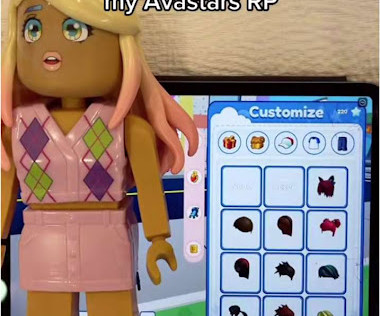copying/explicit references let Roblox proceed with dubious (c) claim; Lego should be watching
43(B)log
MAY 19, 2023
Wowwee sells a line of dolls called “My Avastars,” which plaintiffs allege were “copied directly from Roblox’s Classic Avatars.” Looking at the side by side pictures in the complaint, this is a bit hard to swallow, but the evidence of copying/references to Roblox clearly bleed over from the TM side.












Let's personalize your content